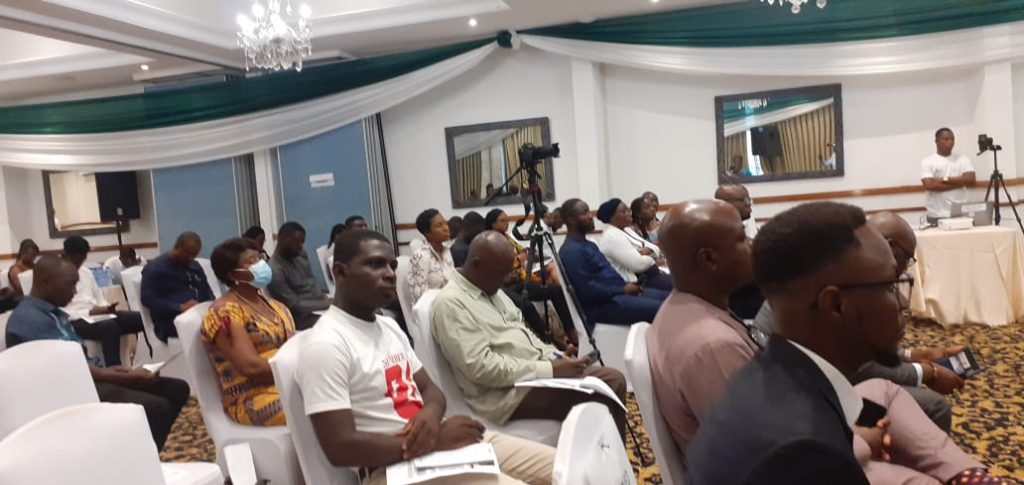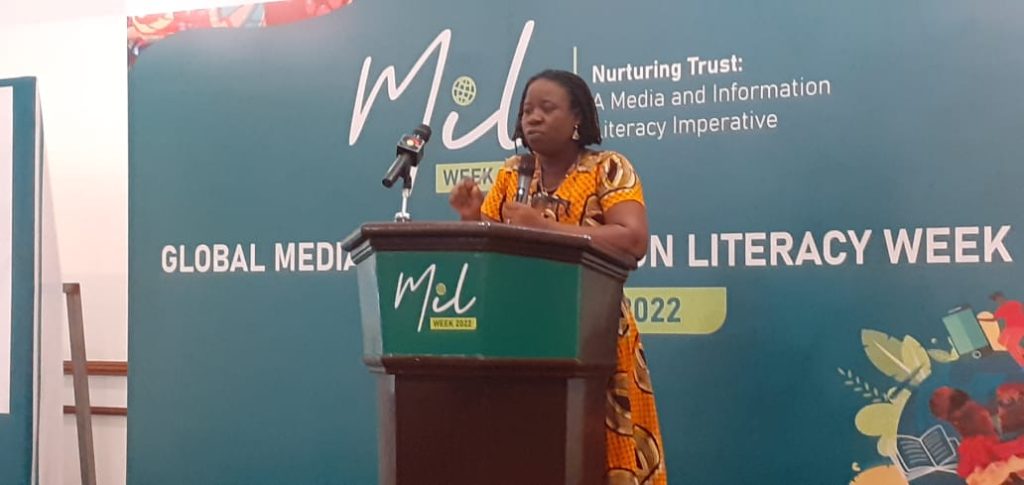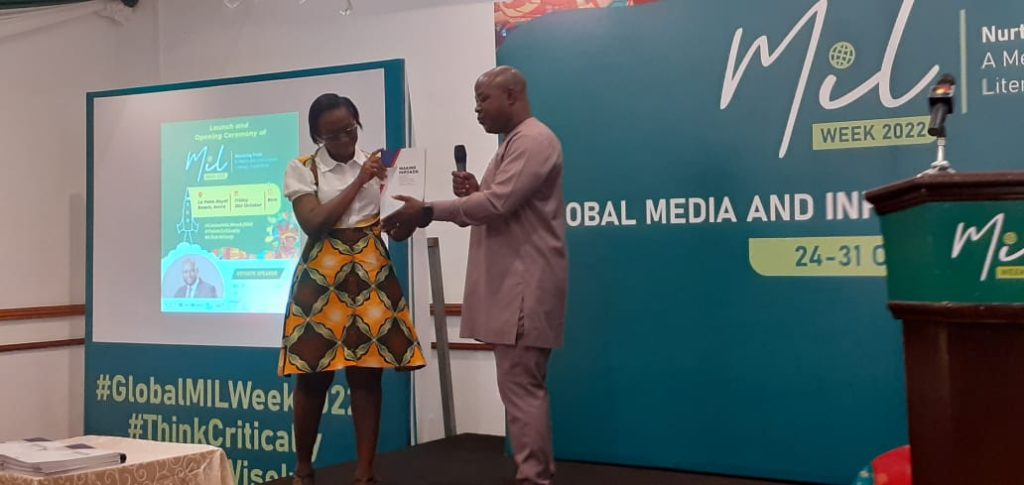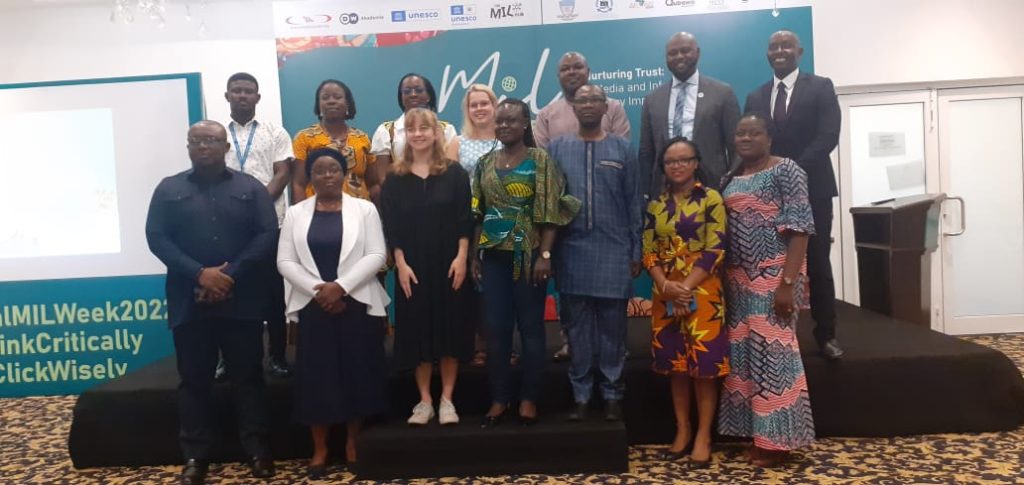Accra, Oct 21, GNA – Mr Jerry Sam, Executive Director, Penplusbytes, a not-for profit organisation, has called for an increased national interest in Media and Information Literacy (MIL), adding, that will help reduce the level of misinformation in society.
He explained that there was the need to promote MIL because social media continued to endanger growing democracies such as Ghana and that about 60 per cent of the global population and 70 per cent of youth were using the internet and were exposed to online and offline dis and misinformation, conspiracy theories, hate speeches and misuse of social media.
Mr Sam was speaking at the launch of the 2022 Global MIL week, which coincided with the launch of Penplusbytes’s new research report.
This year’s celebration is dubbed “Nurturing Trust: A Media and Information Literacy Imperative.”

Mr Sam said currently, trust in government and media had been battered, and that required critical information, media, and digital competences.
He quoted a study that revealed that citizens had higher resilience to disinformation in countries where MIL was put in place as a policy.
Mr Sam said Penplusbytes, for four years, have been observing the MIL that was marked globally to push for the dissemination of factual, timely, targeted, clear, and accessible multilingual and science-based information.
“This was clearly necessitated by the rise of mis- and disinformation during the upsurge of the COVID-19 pandemic. Indeed, the influx of false information then gave birth to the coined term, dis-infodemic, an epidemic of disinformation.”
The United Nations’ resolution called on countries around the world, “to develop and implement policies, action plans and strategies related to the promotion of media and information literacy, and to increase awareness, capacity for prevention and resilience to disinformation and misinformation,” he said.
He said the celebration in Ghana brought together different UN agencies, government representatives, Non-Governmental Organisations, media and information literacy experts and educators, teachers, librarians, and young people, to deliberate on the essential issues that the world was facing due to mis- and disinformation, online and offline challenges to find solutions.
Mr Pius Enam Hadzide, Chief Executive Officer (CEO) of the National Youth Authority, called for more professionalism and honesty among media practitioners.
He asked media owners to invest in their staff concerning higher education, saying that proficiency in English language was not enough.
Dr Abena Animwaa Yeboah-Banin, Head, Department of Communication Studies, University of Ghana, said the existence of journalists or media information literates would be questioned if the audience were not literates to separate the facts, they put out from the chaff others were also putting out.

Thus, her outfit since 2016, had promoted media and information literacy such as stakeholder conference, which had given birth to projects in the area to help educate the populace on MIL.
It also identified the youth’s level of media and information literacy and reached them in second cycle schools.
It also looked at youth’s skill gaps and competence when it came to MIL, how good they were accessing and evaluating media content, creating content, and sharing it ethically and responsibly.

Dr Yeboah-Banin said there was ongoing research that would come out with answers to the above questions which would be the baseline that all partners would use for projects that targeted young people.
Ms Ama Kodjo, Project Manager, DW Akademie, Germany’s leading organization for international media development, advised people to avoid forwarding unverified messages or click links to help protect society.

She said misinformation was a tactic used by some people who seek to divide societies for ill motives, adding that many now did not know who or which source of information to trust.
“Without trust, national conversations will neither be civil nor coherent,” she said stating that “We can move from the extremes of things that divide us to the middle of what unites us.”
She pledged DW Akademie Ghana’s continuous support to Penplusbytes, among other stakeholders to reach more people, adding that a collective effort by all in spreading MIL education would be more effective.
Mrs Ama Nerquaye of UNESCO, Ghana, appealed to media practitioners to renew their efforts to regain public trust because such was deteriorating due to the lack of transparency and others.
GNA